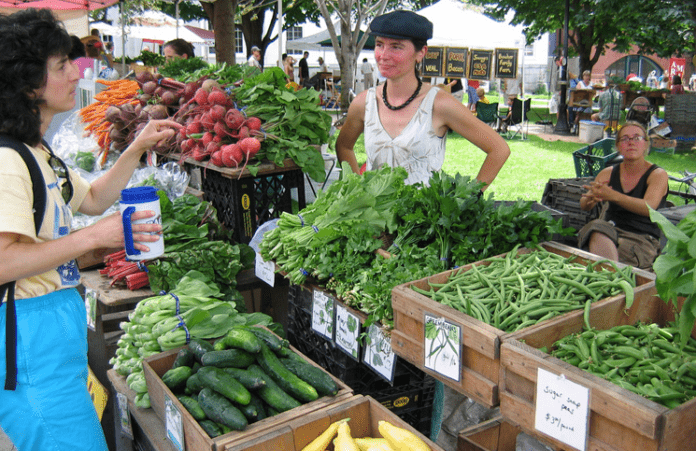The Washington State University (WSU) Clark County Extension in Hazel Dell has opened enrollment for Agriculture Entrepreneurship and Business Planning, a course that gives small farmers and wine and cider producers the tools to create a successful business plan.
The 10-week course, offered Jan. 13 – March 16, will focus on marketing, bookkeeping and legal issues related to value-added processes – from organic and animal-welfare certifications to making jam from the farm’s own berries.
“The course is about helping entrepreneurs build a business plan that’s going to help guide their success and their decision-making,” said Eric Lambert, who’s the small acreage program coordinator at WSU Clark County Extension. “This isn’t a really how-to farm class, but it’s about how to make your farm sustainable and resilient through smart business planning.”
Throughout the course, business professionals with agriculture expertise – including local attorneys, marketers and accountants – will give advice on risk management, and business structures related to limited liability companies (LLC) and sole proprietorship.
For example, Laurie Conway, both a certified public accountant (CPA) and owner of Conway Family Farm in Camas, will share her experiences on money management in the agriculture industry.
Plus, successful local farmers will discuss their business experiences. Jason Karnezis and Amber Baker, owners of Red Truck Farm, a vegetable farm located in Ridgefield, will discuss best practices and pricing models for selling goods through community supported agriculture (CSA) programs and to restaurants, hotels and hospitals.
“We try to bring in a diversity of farms so people have a good idea of direct marketing options,” said Lambert.
The need for the class stems from the growth of small producers (with sales of $10,000 to $200,000, according to the United States Department of Agriculture (USDA)) in the region, said Lambert. About 2,000 farms operate in Clark County, according to the Washington State Department of Agriculture.
But because farming and production facilities in Clark County are low-volume, small farmers need to find ways to add value to their products to set themselves apart from high-volume competitors, whether through production or processing, said Lambert.
“What really drives the success and continued interest in Clark County, which is becoming more developed, is the consumer demand of knowing where your food comes from, knowing the person who produced it, and supporting the environmental benefits that come with small farms,” said Lambert.
About 190 producers and farmers have completed the course since the Small Acreage program at Washington State University (WSU) Clark County Extension first offered it in 2008. The Small Acreage program offers resources to residents on how to manage water quality topics unique to rural properties.
The Agriculture Entrepreneurship and Business Planning course costs $100 per farm, or family, and class size is limited to 30 people. To learn more, contact Eric Lambert at eric.lambert@wsu.edu.










